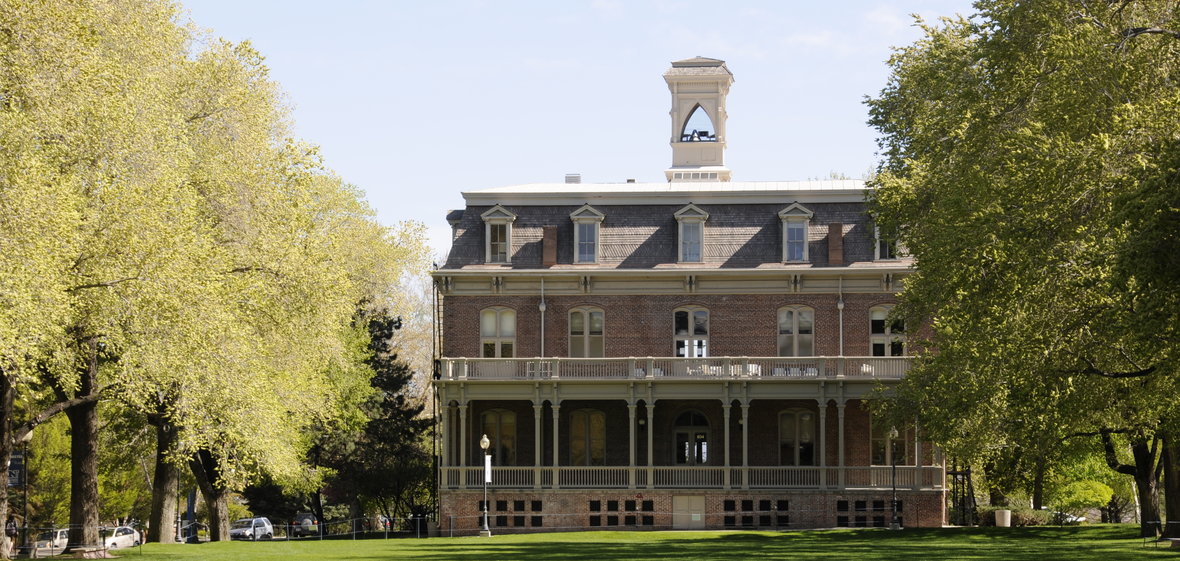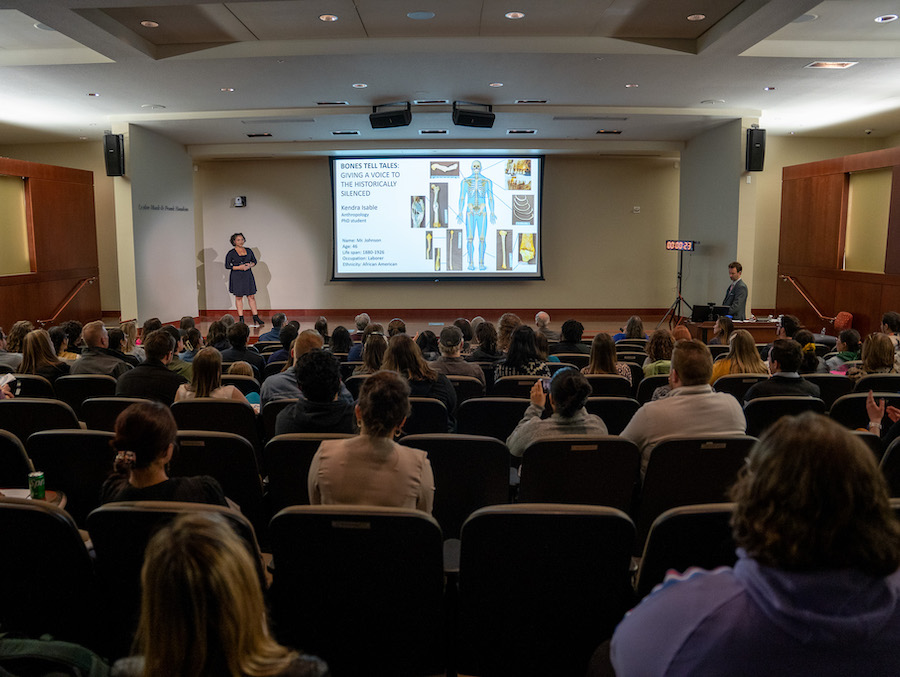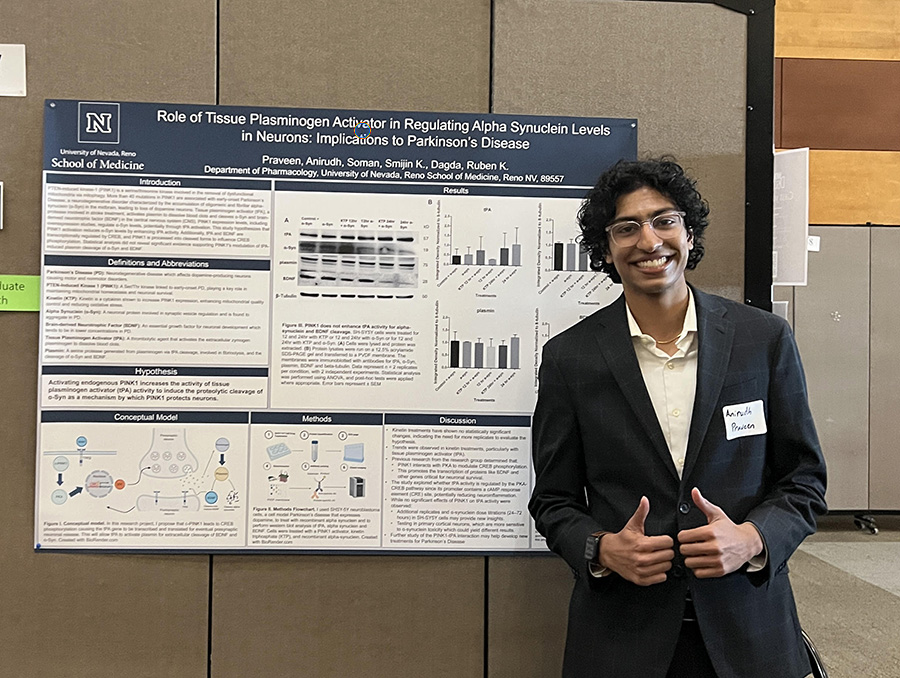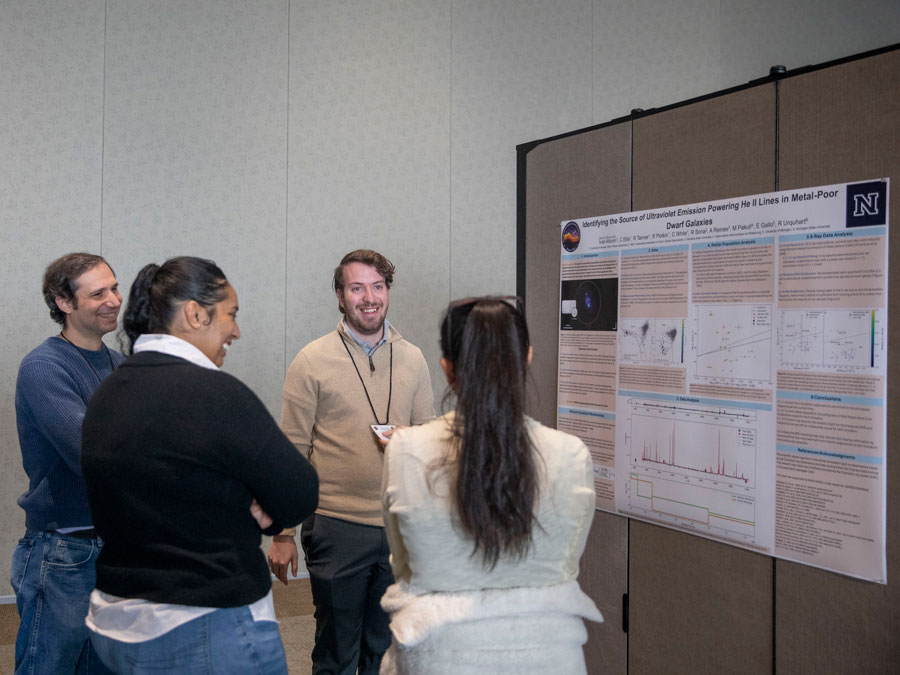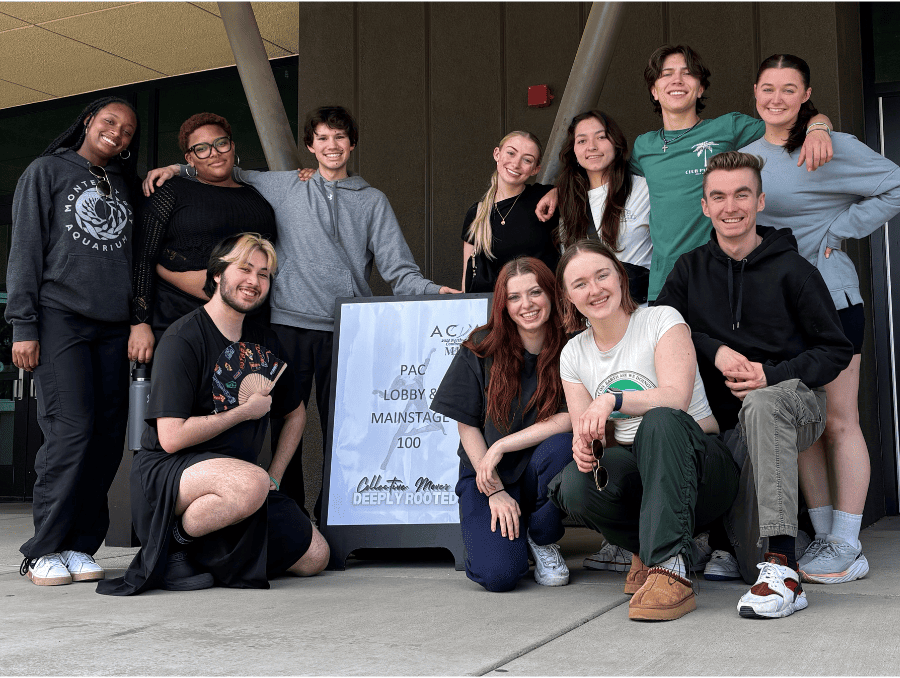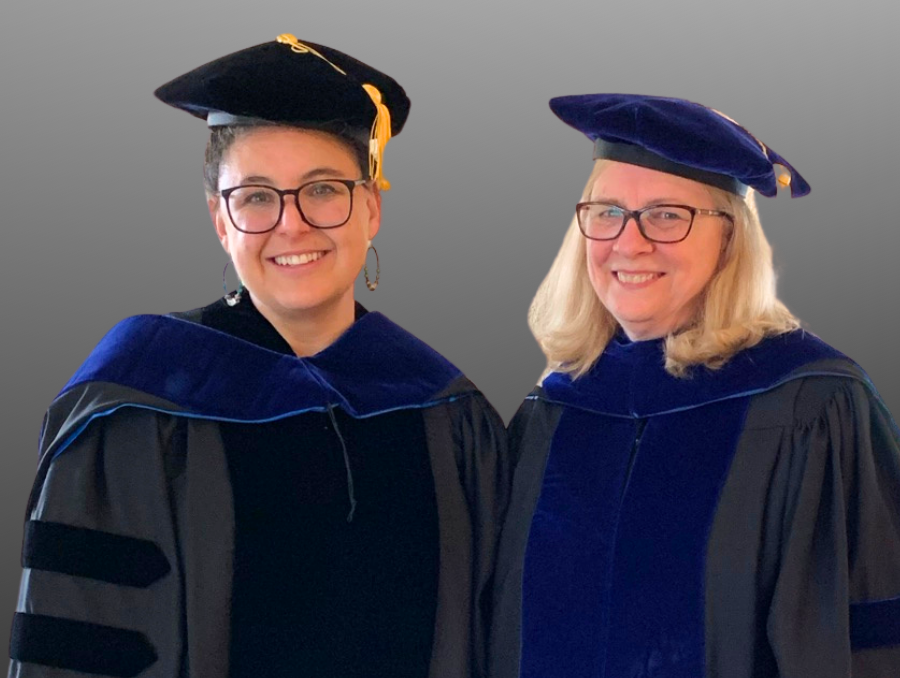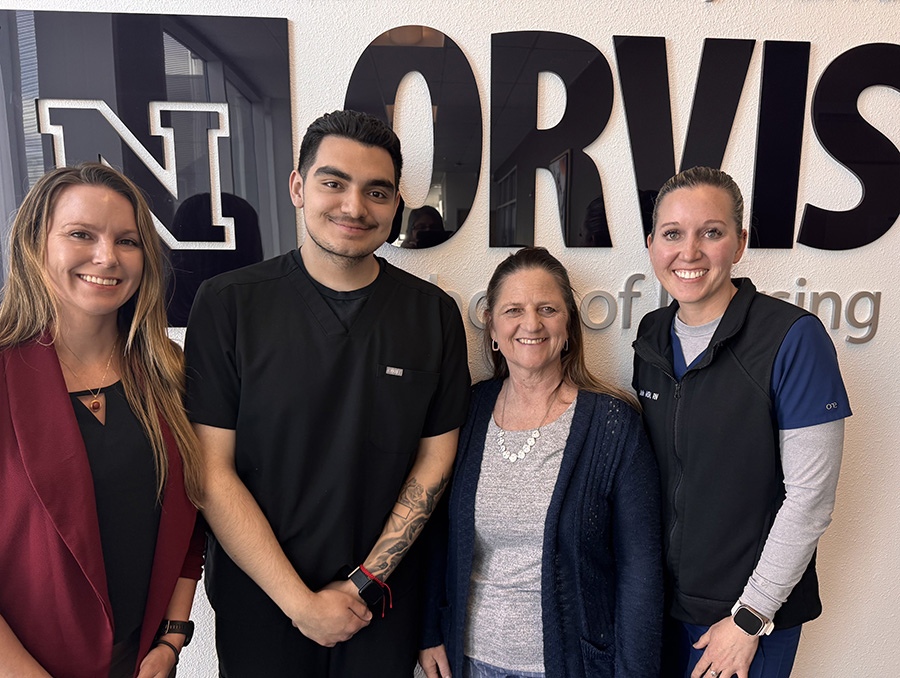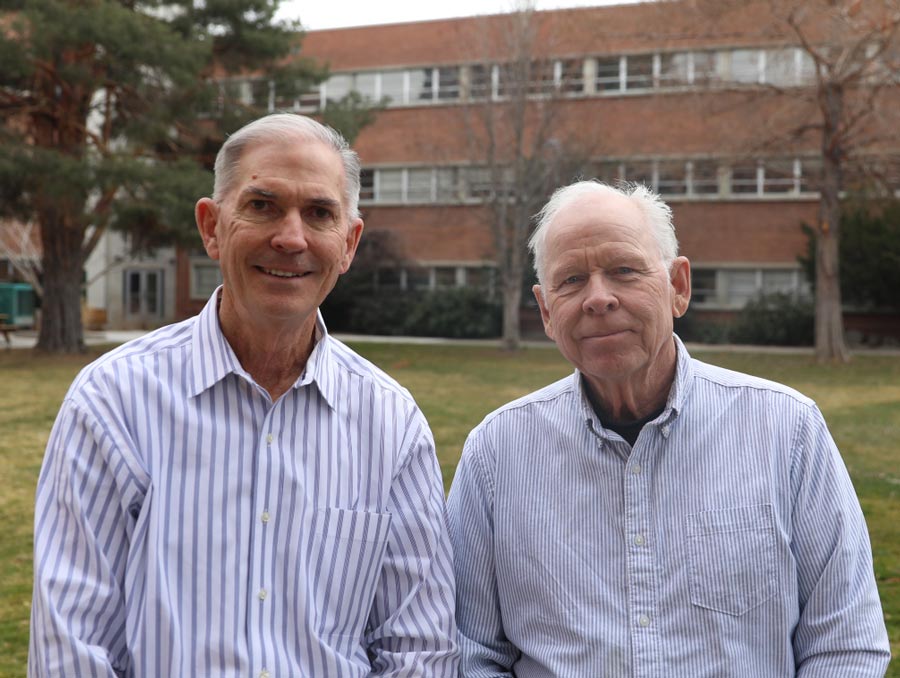Radon is a naturally occurring radioactive gas that is the primary cause of lung cancer for nonsmokers and the secondary cause for smokers. Because it is a gas, radon moves up through the soil into the atmosphere, where it dilutes and dissipates. However, when a home or other building is constructed on top of the soil, it can enter, become trapped and build to elevated levels.
Over time, living in a home with an elevated level of radon increases the inhabitants' likelihood of developing lung cancer. As radon decays, solid particles are released and easily inhaled and deposited in the lungs. The energy that the particles release can either kill lung cells or damage the lung cell's DNA. The damaged cell can result in mutated lung cells and become a tumor, which then results in lung cancer.
The action level for radon, the level where the health risk warrants fixing, is 4 picocuries per liter of air (pCi/l). The U.S. Environmental Protection Agency estimates that one in 15 homes nationwide has an elevated level of radon (a level at or above the action level), while one in four homes tested in Nevada has an elevated radon level.
Because Nevada lacks any regulations that protect citizens from radon, the first step toward risk-reduction occurs through education. The second step is to test, as testing is the only way to determine a home or building's radon level. If an elevated level is found in a home, the home should be mitigated for radon by a certified radon mitigation professional. Building new homes with Radon Resistant New Construction techniques is another method of risk-reduction for the prevention of lung cancer. Additionally, a home should be tested every two years, before or after remodeling and after significant seismic activity. For more information, visit RadonNV.com or call 1-888-RADON10 (1-888-723-6610).

Susan Howe is the program director of University of Nevada Cooperative Extension’s Radon Education Program, a grant-funded program supported by the Nevada Division of Public and Behavioral Health. She administers the outreach program to educate Nevadans about the radon health risk. A graduate of the University of Dayton, Howe was formerly assistant director of the Alabama Radon Education Program.
